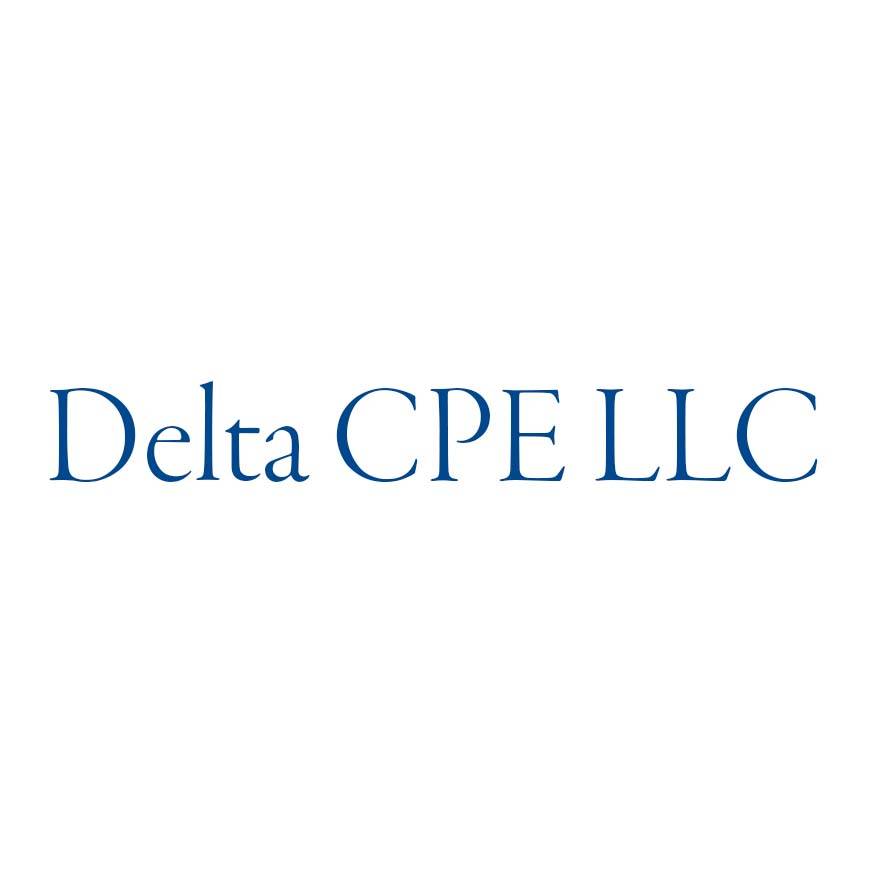Self-Study
Accounting & Finance for Business Analysis
Build your financial literacy with practical accounting fundamentals. Gain skills for effectively collaborating with finance teams.

$375.00 – $415.00
Webcasts are available for viewing Monday – Saturday, 8am – 8pm ET.
Without FlexCast, you must start with enough time to finish. (1 Hr/Credit)
Please fill out the form below and we will reach out as soon as possible.
CPE Credits
15 Credits: Finance
Course Level
Overview
Format
Self-Study
Course Description
Accounting & Finance for Business Analysis is an invaluable tool for businesspeople and managers who need to grasp the essentials of finance and accounting without having extensive background knowledge in these fields. This finance and accounting CPE designed to provide a working knowledge of finance and accounting fundamentals, applicable across various business sizes. You’ll learn about financial planning, cost types and allocation, financial components critical to decision analysis, and much more. This course doesn’t just stop at imparting knowledge; it’s about empowering you to apply this understanding in real-world situations, aiding in effective decision-making and collaboration with finance teams. Whether you’re steering a small business or leading a department in a larger corporation, this accounting and financing CPE course equips you with the financial literacy to navigate your business environment confidently and make sound decisions.
Learning Objectives
Upon successful completion of this course, participants will be able to:
Chapter 1
•Identify the non-financial manager’s concern with financial planning; and
•Recognize the responsibilities of financial managers; and
•Distinguish between different business entities.
Chapter 2
•Identify the importance of cost data; and
•Define different types of costs and their allocation.
Chapter 3
•Recognize financial components critical to decision analysis; and
•Identify the concept of contribution margin; and
•Recognize the contribution margin ratio.
Chapter 4
•Recognize the relationships between costs, volume, and profit; and
•Identify the computation used for break-even sales; and
•Identify key financial ratio concepts.
Chapter 5
•Identify relevant costs in the manufacturing process; and
•Recognize components for making financial decisions; and
•Identify costs used in future business directions.
Chapter 6
•Identify the importance and value of sales forecasts; and
•Recognize how sales forecasts and budgets affect other operational budgets.
Chapter 7
•Identify variance analysis and its usefulness to financial analysis; and
•Recognize when variance analysis should be applied; and
•Identify cost variances.
Chapter 8
•Identify components of working capital; and
•Recognize methods to finance an asset; and
•Identify ways to improve cash management; and
•Recognize ways to accelerate cash receipts or delay cash payments.
Chapter 9
•Recognize ways to improve the rate of return with accounts receivable and credit; and
•Identify and analyze accounts receivable values.
Chapter 10
•Recognize inventory management considerations; and
•Identify ways to optimize the economic order quantity.
Chapter 11
•Recognize future values and different loan types; and
•Recognize the concept of the time value of money; and
•Identify capital rationing decisions.
Chapter 12
•Recognize each of the basic capital investment analysis techniques; and
•Recognize the various types of depreciation methods; and
•Compute the ROI on an investment.
Chapter 13
•Recognize effects on the rate of return on investments (ROI); and
•Identify the basic components of the Du Pont formula used to improve profit.
Chapter 14
•Recognize the types of responsibility centers; and
•Recognize the value of transfer pricing.
Chapter 15
•Identify sources of short-term financing; and
•Recognize the value and process of issuing commercial paper and other financing activities.
Chapter 16
•Identify intermediate-term bank loans; and
•Recognize the advantages of revolving credit.
Chapter 17
•Identify the process of investment banking; and
•Recognize issues for venture capital financing; and
•Recognize examples of types of long-term debt and their usefulness; and
•Identify examples of equity securities.
Chapter 18
•Recognize the different financial statements and their uses; and
•Identify the major components of the balance sheet.
Chapter 19
•Recognize the double-entry system and the accounting equation; and
•Recognize how to apply transaction analysis to simple business transactions in terms of the accounting model: Assets = Liabilities + Equity; and
•Identify the entries entered into the journal; and
•Recognize how certain transactions affect the balance sheet.
Chapter 20
•Identify different financial ratios and how they are used.
Course Specifics
12322248
March 9, 2023
There are no prerequisites
None
348
Compliance Information
CMA Notice: Western CPE makes every attempt to maintain our CMA CPE library, to ensure a course meets your continuing education requirements please visit Insitute of Management Accountants (IMA)
CFP Notice: Not all courses that qualify for CFP® credit are registered by Western CPE. If a course does not have a CFP registration number in the compliance section, the continuing education will need to be individually reported with the CFP Board. For more information on the reporting process, required documentation, processing fee, etc., contact the CFP Board. CFP Professionals must take each course in it’s entirety, the CFP Board DOES NOT accept partial credits for courses.
Meet The Experts

For many years, Delta CPE LLC has offered a wide variety of continuing education courses for financial professionals. Topics covered by Delta’s courses include accounting, financial management, budgeting, investments, financial statement reporting, business management, IFRS, ethics, valuations, real estate, and business writing. The diversity and breadth of Delta’s course offerings make the company a prolific and unique contributor to the CPE world. Delta’s well-credentialed authors and contributors have also been published in numerous academic and professional journals and quoted by some of the leading financial media outlets.
Related Courses
-
 Finance
Finance
The CFO Guidebook
Steven M. Bragg, CPA QAS Self-Study
Credits: 22 $440.00
QAS Self-Study
Credits: 22 $440.00$440.00 – $480.00
-
 Finance
Finance
Real Estate Financing and Investment
Delta CPE LLC QAS Self-Study
Credits: 4 $116.00
QAS Self-Study
Credits: 4 $116.00$116.00 – $136.00
-
 Finance
Finance
Personal Financial Planning for Accountants
Delta CPE LLC QAS Self-Study
Credits: 17 $391.00
QAS Self-Study
Credits: 17 $391.00$391.00 – $431.00
